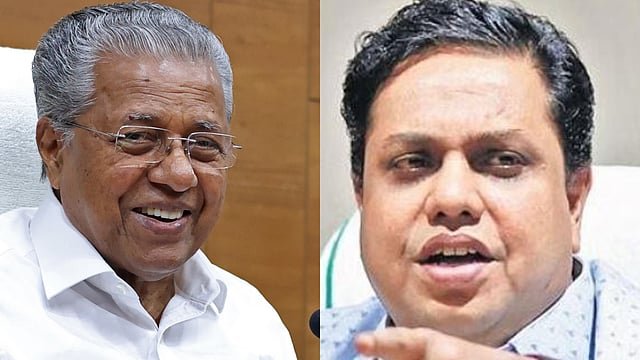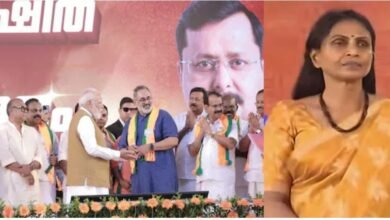
THIRUVANANTHAPURAM: The announcement of a special session of the Kerala Legislative Assembly on November 1st has triggered an unprecedented legal and political storm, raising serious questions about the ruling Left Democratic Front (LDF) government’s adherence to the principles of parliamentary democracy and the ‘Rule of Law.’
The state government’s unilateral decision to convene the session on a public holiday has been challenged by the Opposition, which has sent a letter to the Chief Minister, alleging a blatant violation of Assembly Rules. This move has escalated the debate, with critics arguing that the ruling dispensation is treating the Assembly’s procedural rules as mere “playthings.”
Violation of Rules: Legal Lapse or Political Malice?
At the heart of the controversy is Rule 13(2) of the Rules of Procedure and Conduct of Business in the Kerala Legislative Assembly. The rule explicitly states that the Assembly can only meet on a public holiday if the House grants prior approval for such a sitting. This rule underscores the democratic responsibility that if taxpayers’ money is spent on convening the Assembly on a holiday, it must be for a clear and demonstrable matter of urgent public importance.
Crucially, no such resolution was moved, debated, or approved by the House during the 15th session, which concluded on October 9th. This omission, according to legal experts, amounts to a complete disregard—or possibly a deliberate sidestepping—of a fundamental legal requirement.
The Court’s View: Procedures Are Not Mere Formalities
While the courts generally limit interference in the internal proceedings of the legislature, a judicial review becomes necessary when constitutional or legal lapses occur. The Supreme Court’s observations in cases like the Kihoto Hollohan case are relevant here, emphasizing that legislatures must function within the constitutional framework.
Legal experts contend that violating Rule 13(2) strips the session of its moral and legal validity. The government is now legally obliged to justify to the public and the Opposition the “urgent necessity” that prompted the summoning of the session without following established procedures.
Political Unilateralism and Erosion of Trust
Beyond the legal shortcomings, the move carries significant political weight. The Opposition has lambasted the unilateral declaration, calling it a sign of the ruling party’s “autocratic tendencies” and a serious blow to parliamentary decorum.
- Erosion of Trust: Parliamentary democracy requires a healthy working relationship and mutual trust between the Treasury and Opposition benches. Announcing a rule-breaking session in secret completely shatters this essential trust.
- The ‘Secret Agenda’: The foremost question from the public and the Opposition is the nature of the “secret agenda” that necessitates such an abrupt and urgent session. Suspicion is rife that the government might be aiming to rush through bills or address matters it wishes to keep out of public discussion and Opposition scrutiny.
Critics suggest that by ignoring basic procedural norms simply because it holds a majority, the LDF government has abandoned Political Expediency, lending credence to the Opposition’s claim that the ruling party is attempting to use Assembly rules as tools for its convenience.
If the session is intended to be a continuation of the 15th session, it still legally requires a resolution of approval—a requirement that has been overlooked. The government’s actions constitute a grave lapse on the triple fronts of legal procedure, political morality, and institutional trust. If not corrected, this episode is poised to be recorded as a dark chapter in the history of the state Assembly.








